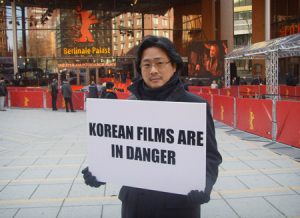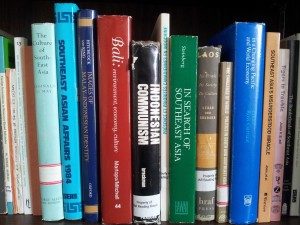Subsidies and the Film Industry: Lessons from France and South Korea
Memo #390 By: Patrick Messerlin – patrick.messerlin [at] gmail.com and Jimmyn Parc – jimmynparc [at] gmail.com With the continued dominance of Hollywood films around the world, policy makers in Asia and elsewhere are increasingly considering government subsidies as a major fuel for strengthening their national film industries. However, the true effectiveness of subsidies on […]
Russia’s New Pivot to Asia: The Emergence of a New Geopolitics
Memo #341 By Alexander Korolev – akorolev [at] nus.edu.sg Many observers have recently registered a new shift in Russia’s foreign policy, labelling it, “pivot to Asia.” President Putin himself announced that “Russia’s reorientation toward the Pacific Ocean and the dynamic development in all our [Russia’s] eastern territories are our priority for the whole 21st century.” […]
Whither Area Studies?
Memo #316 Advancing the project of Comparative Area Studies and fruitful Area Studies Comparisons: an Intervention from Europe By Jürgen Rüland – juergen.rueland [at] politik.uni-freiburg.de & Mikko Huotari – mikko.huotari [at] merics.de There is no universal ultimate golden mean between disciplinary research and area studies. Viable intermediate positions are eventually dependent on an individual researcher’s […]
NYU Shanghai and the Future of International Higher Education in China
Memo #261 By Joel Heng Hartse – joelhartse [at] gmail.com New York University Shanghai recently completed its first semester of operations. Though NYU Shanghai was recently touted by National Public Radio as the first Sino-U.S. joint university, there are in fact hundreds of approved joint-degree programs and more than thirty jointly run Sino-foreign universities operating in China—and the […]
The British and Occupied East Timor: Support for Indonesia Behind a Façade of Neutrality
As late as 1996, a British National Audit Office Report corroborated the government version of Britain as an honest broker in East Timor’s struggle for self-determination under Indonesian occupation, which followed the end of Portuguese colonial rule in 1974 and Indonesia’s invasion of the territory in 1975. But recently released archival evidence refutes the claim that Britain was negotiating a diplomatic solution between Indonesia, Portugal, and East Timor.




